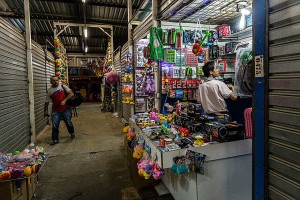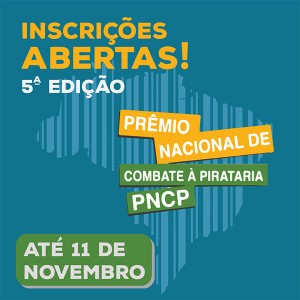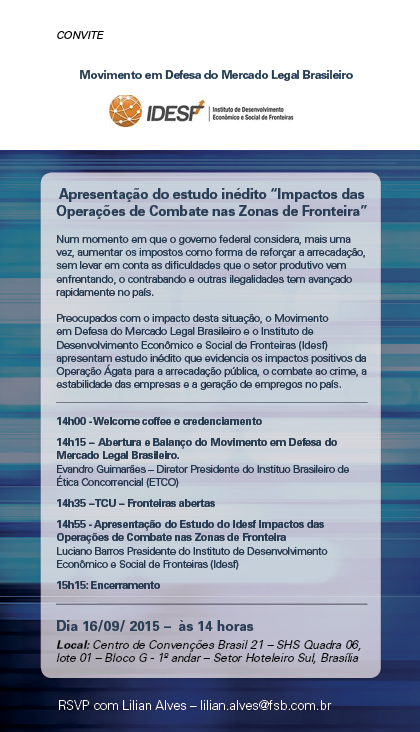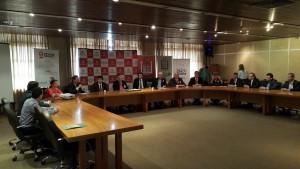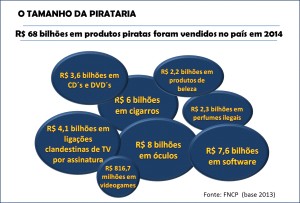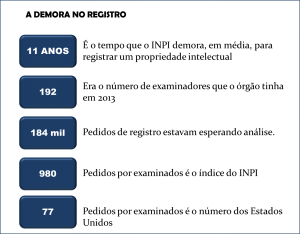In order for the crime of copyright infringement to be configured, it is not necessary to conduct an investigation on all seized assets or to identify the holders of the violated rights. The understanding was signed by the Third Section of the Superior Court of Justice (STJ) in the judgment of two repetitive appeals, the subject of which was registered under number 926. The rapporteur was Minister Rogerio Schietti Cruz.
The section decided that “it is sufficient to prove the materiality of the crime provided for in article 184, paragraph 2, of the Penal Code, the expertise carried out by sampling on the external aspects of the material seized, it being unnecessary to identify the copyright holders violated or whoever represents them ”.
The thesis will guide the solution of identical processes, and the STJ will only be able to appeal when the second instance decision is contrary to the agreement reached.
Losses
Schietti highlighted figures from the Federation of Industries of Rio de Janeiro (Firjan) according to which piracy (called counterfeiting in Law 9.610 / 98) damages tax collection by R $ 40 billion and promotes the loss of two million formal jobs, more than 20 thousand of them in the film industry alone.
The appeals judged originated in Minas Gerais. In one case, 1.399 DVDs and 655 CDs were seized for sale. However, the expertise was done on just ten movie DVDs. The judge rejected the complaint because he understood that there was no just cause for the criminal action. The Public Ministry appealed, but the Court of Justice of Minas Gerais (TJMG) denied the appeal.
In the other case, 685 CDs and 642 DVDs were seized. The defendant was sentenced to two years' imprisonment under an open regime, plus a fine. The defense appealed, and the TJMG acquitted the accused for "lack of valid material evidence".
Sampling
In judging the appeals by the STJ, the Third Section decided that sampling expertise is possible. Minister Schietti explained that for the characterization of the crime of copyright infringement, the seizure of a single object would suffice.
In addition, the minister pointed out that the STJ dispenses with excessive formalism in order to verify this type of crime, "so that the simple analysis of external aspects of the seized objects is sufficient to prove falsehood". According to him, it would be unreasonable to demand an analysis of the content of the seized media, since the forgery can be verified visually.
Public action
As for the unnecessary identification of copyright holders, the minister said that piracy goes beyond the individuality of these victims and should be treated as an offense to the entire community, “as it reduces the supply of formal jobs, causes harm to consumers and legitimate owners. and it strengthens the parallel power and the practice of criminal activities related to the sale, apparently harmless, of these goods ”.
Schietti also added that the criminal action in these cases is unconditional public, that is, the manifestation of the violated copyright holder is not required for the criminal proceedings to start.
In the two cases judged, the section recognized the materiality of the crimes - in REsp 1.485.832, determined that the first degree judge proceeds to judge the merits of the action; at theREsp 1.456.239, determined that the TJMG proceed with the judgment of the appeal.
Source: STJ - Superior Court of Justice.
